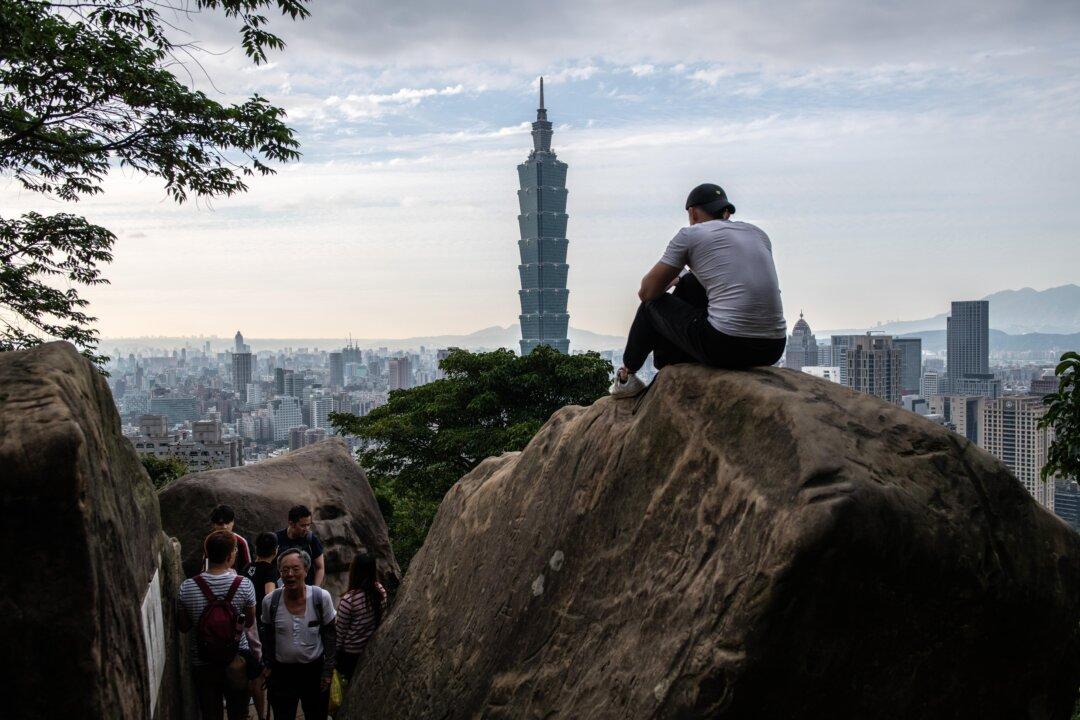Taiwan wants the Australian government to resume free trade agreement talks after they were halted several times from pressure by Beijing.
The Director-General of the Brisbane Taipei Economic and Cultural Office (TECO) Edward Tao told The Australian that it would be a good opportunity for the two countries, who have both suffered economic coercion from Beijing.





